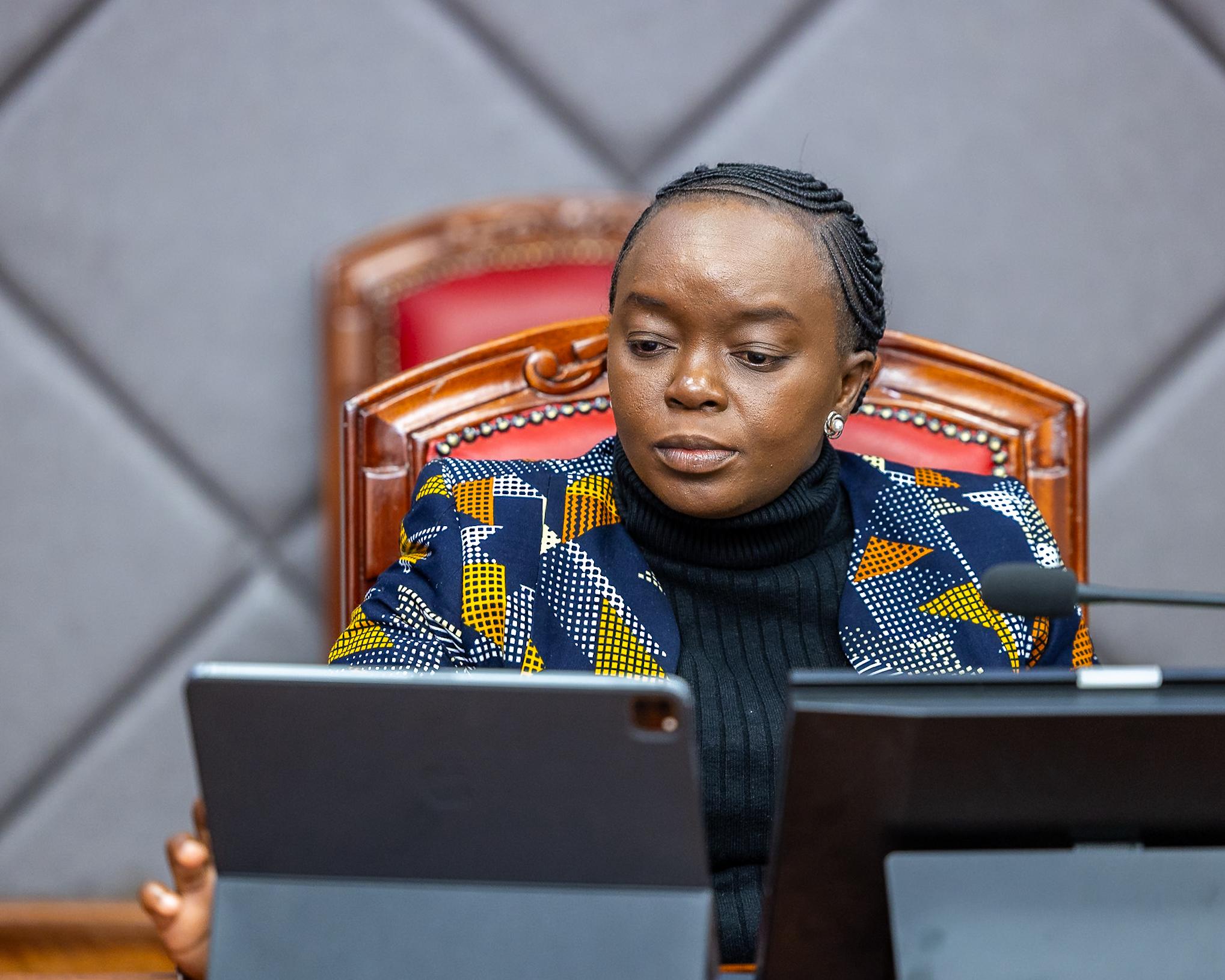Counties faulted over waste mismanagement, asbestos delays

Environment Cabinet Secretary Debora Barasa told the Senate plenary that counties have repeatedly ignored the ministry’s guidance and legal notices on waste management.
A growing fallout between the national government and county administrations is taking shape over widespread garbage accumulation across Kenya’s towns and estates, with the Ministry of Environment pointing fingers at counties for failing to act on mounting waste.
Environment Cabinet Secretary Debora Barasa told the Senate plenary that counties have repeatedly ignored the ministry’s guidance and legal notices on waste management, leading to uncontrolled dumping and growing heaps of trash in public spaces.
“Counties are adamant about undertaking Environmental Impact Assessments and Annual Environmental Audits, making it very hard for Nema to regulate them,” Barasa said.
According to the CS, many counties have failed to license their garbage collection trucks with the National Environment Management Authority, making it difficult to monitor waste movement. She said this loophole has allowed widespread illegal dumping, worsening the garbage crisis.
“Counties are slow to embrace waste segregation at source and have shown poor enforcement of related regulations,” she added.
Barasa also criticised counties for neglecting waste sites and failing to maintain roads leading to them, making it nearly impossible for garbage trucks to reach the designated areas. She said most counties also lack basic infrastructure required for effective waste management such as material recovery centres, incinerators, landfills and recycling facilities.
In many urban centres, garbage is now visibly choking residential areas, streets, markets and even spaces near hospitals and schools, creating serious health hazards.
The CS said Kenya produces between 3,000 and 4,000 tonnes of waste every day, the majority of which comes from urban areas. She noted that 60 per cent of this waste is organic and suitable for fertiliser production.
“The focus should mostly be on fertiliser production, which accounts for 60 per cent of the waste. Around 30 per cent comprises plastics and other recyclable materials and just five per cent is viable for energy conversion,” Barasa said.
At the same time, Barasa revealed that several national and county institutions have yet to comply with a directive issued more than a year ago to remove harmful asbestos roofing from their buildings. Despite a three-month deadline given last year, she said progress remains slow.
“We issued a gazette notice on the safe removal and disposal of asbestos in Kenya. But, cognizant of fiscal constraints, only a few have complied,” she said.
To accelerate the process, the ministry is now working with the National Treasury to secure funds to remove the cancer-causing material, which poses a major public health threat.
Barasa's remarks underscore rising concern over the lack of coordination in waste management across different levels of government and the risks this poses to public health and the environment.
